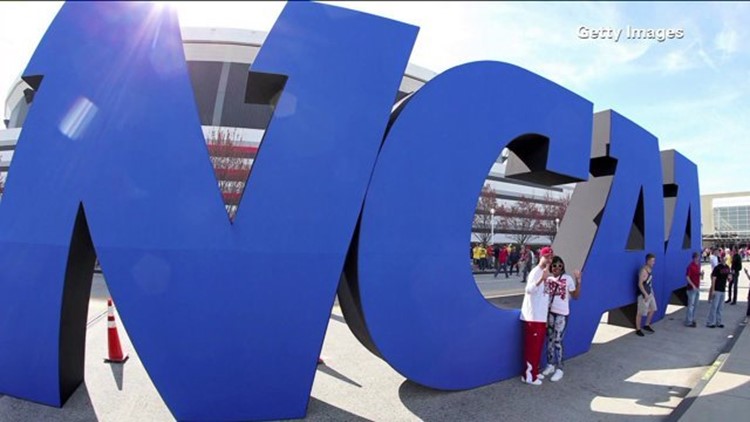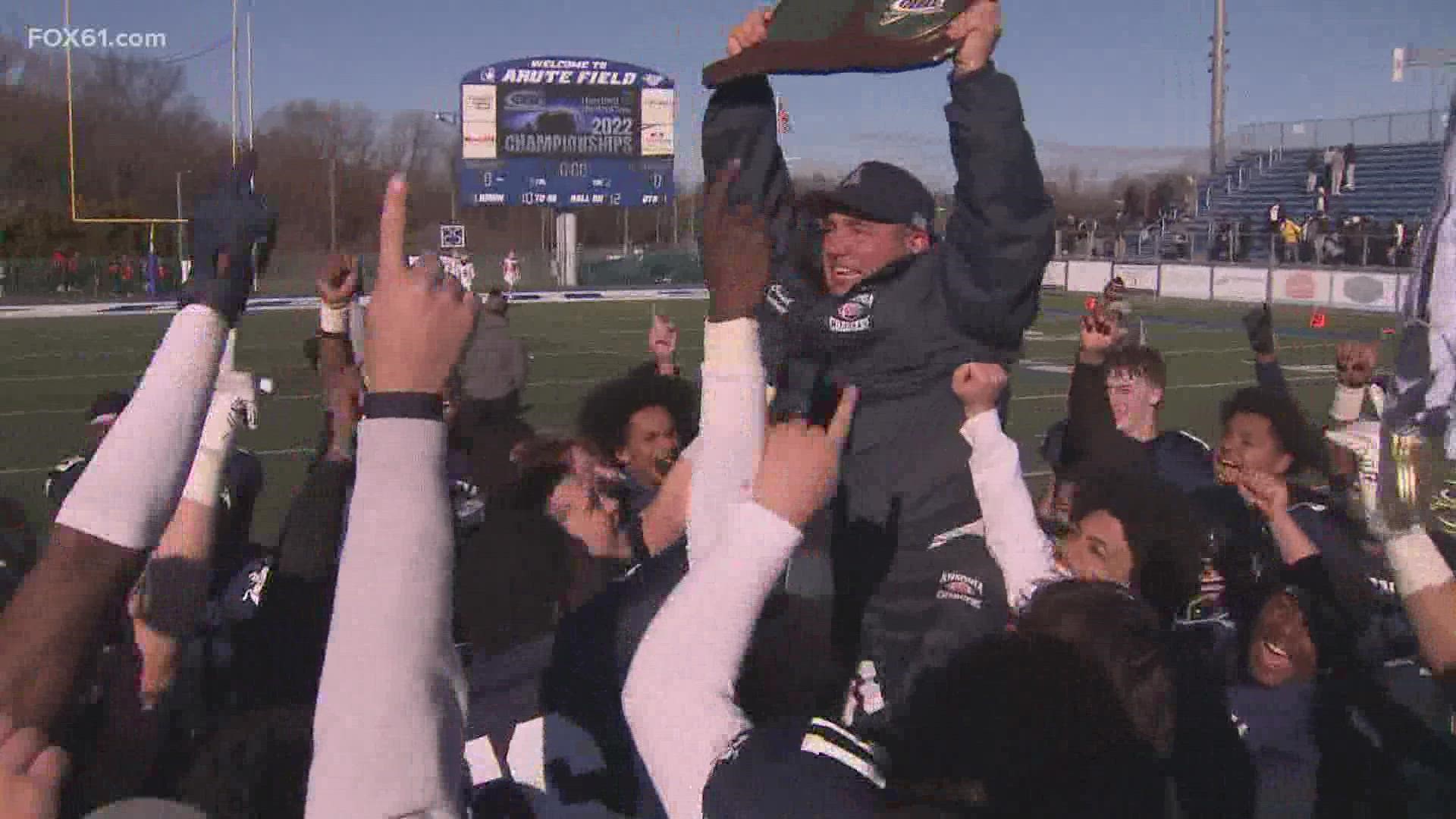LINCOLN, Neb. — An investigation by The Associated Press finds that at least one-third of the Power Five conference schools are not punishing athletes as harshly as they were 10 years ago for using marijuana and other so-called recreational drugs.
The AP analyzed policies for 57 of the 65 schools in the Southeastern, Atlantic Coast, Big 12, Big Ten and Pac-12 conferences, plus Notre Dame.
Of the 57 schools, 23 since 2005 have either reduced penalties or allowed an athlete to test positive more times before being suspended or dismissed. Ten schools have separate, less stringent policies addressing only marijuana infractions.
In the Pac-12, five schools do not suspend athletes for as long as they once did.
Last year, the NCAA cut the penalty for athletes who fail screenings at championship events by half, and the chief medical examiner for the NCAA is pushing for the association to stop testing for recreational drugs altogether.
Northwestern, Penn State, Pittsburgh, Southern California, Syracuse, Vanderbilt and Wake Forest did not provide copies of their drug policies despite repeated requests, citing privacy laws. Stanford does not test its athletes.
The Big Ten and Big 12 are the only Power Five conferences that do their own testing in addition to the testing done by the schools and NCAA. Those two conferences punish athletes who test positive for performance-enhancing drugs. The Big 12 is the only conference that screens for recreational drugs, but it does not sanction athletes who test positive. Instead, the Big 12 notifies the school of a positive test and leaves any discipline to the school.
Alcohol remains by far the most abused substance on college campuses, with marijuana ranking second. In the most recent NCAA survey of athletes (2013), 70.9 percent of Division I football players acknowledged using alcohol in the previous 12 months and 19.3 percent acknowledged using marijuana or synthetic marijuana. In men’s basketball, reported use was 58.1 percent for alcohol and 11.3 percent for marijuana/synthetic marijuana.
The NCAA has been testing for marijuana and other street drugs at championship events since the 1980s. The NCAA suspends athletes for a full season for a failed performance enhancing drug test. Starting in August 2014, however, the penalty for failing an NCAA street-drug test was reduced from a suspension of one full season to a half season.
NCAA medical chief Dr. Brian Hainline said his organization should concentrate on busting athletes who use performance enhancing drugs and leave it to the schools to deal with the rest, preferably through treatment rather than punishment.
“The most important thing that I can’t emphasize enough is that as a society, we have to make a clear distinction between recreational drug use and cheating,” Hainline said. “I really believe that they require two different approaches. One is more nuanced, and one is hard core.”
What about marijuana being against the law in most states?
“If we’re going to test at championship events for things that are illegal, then we shouldn’t just test for pot,” Hainline said. “If there are any kids under the age of 18 smoking cigarettes, we should test for that. We certainly should be testing for alcohol for everyone under the age of 21. Then we ask ourselves, ‘Where does the moral authority stop?’ I’m all for moral authority as long as there is a philosophical consistency to it.”



